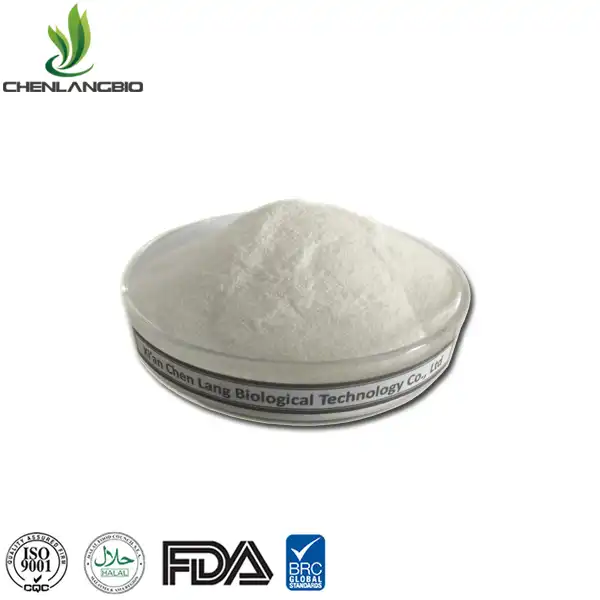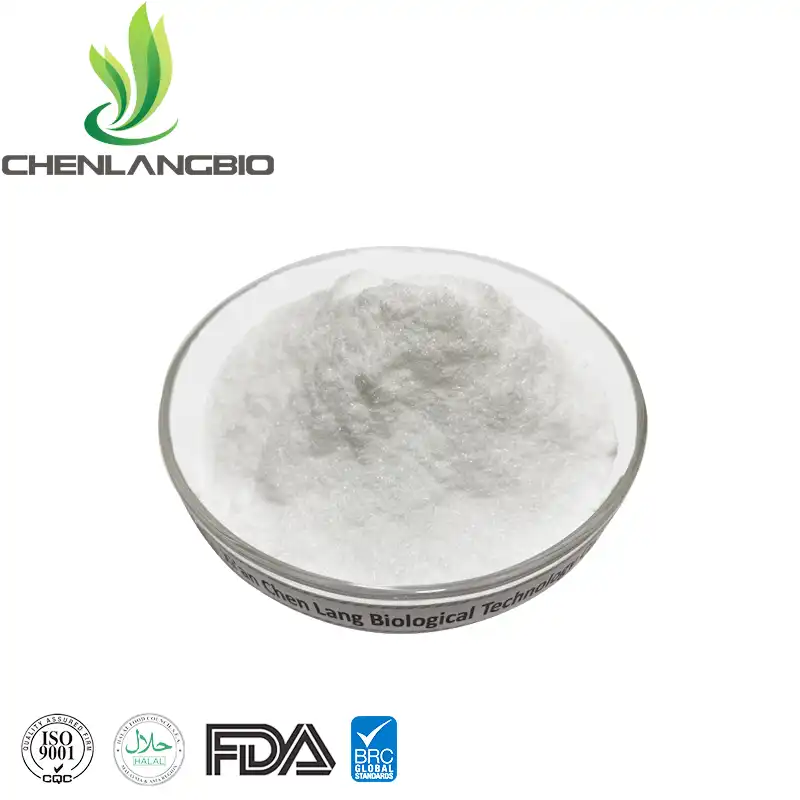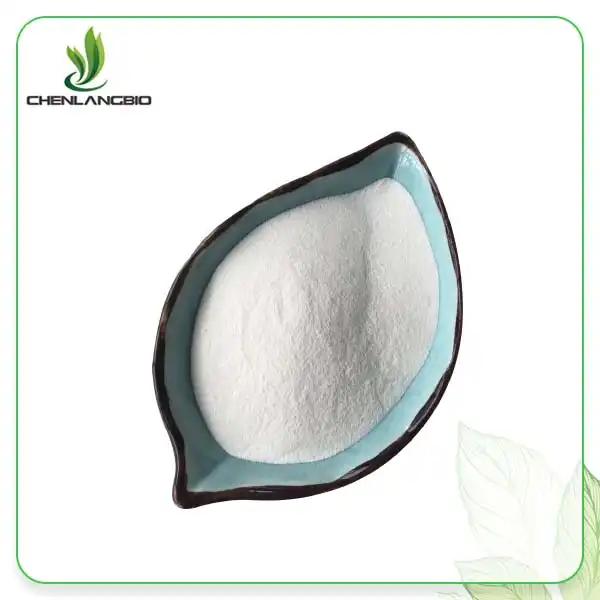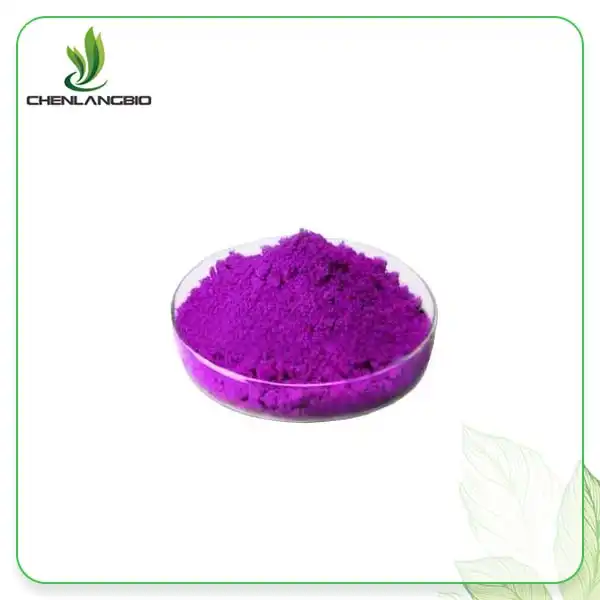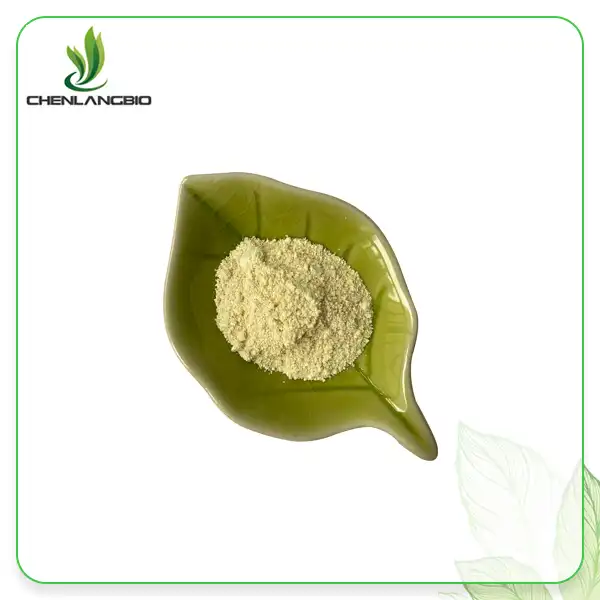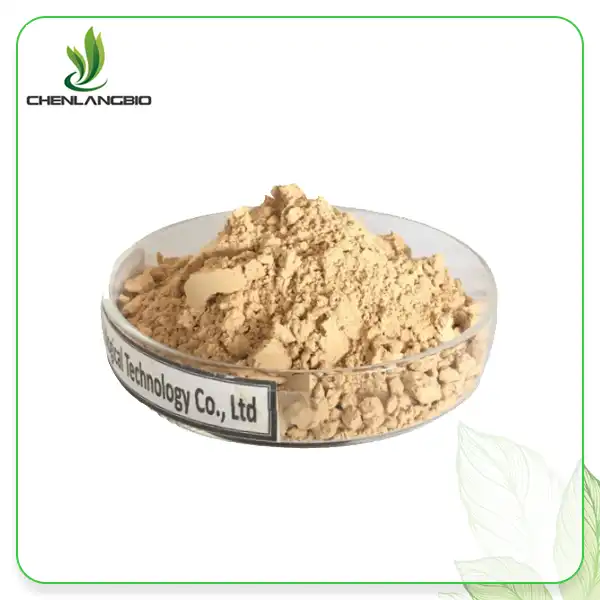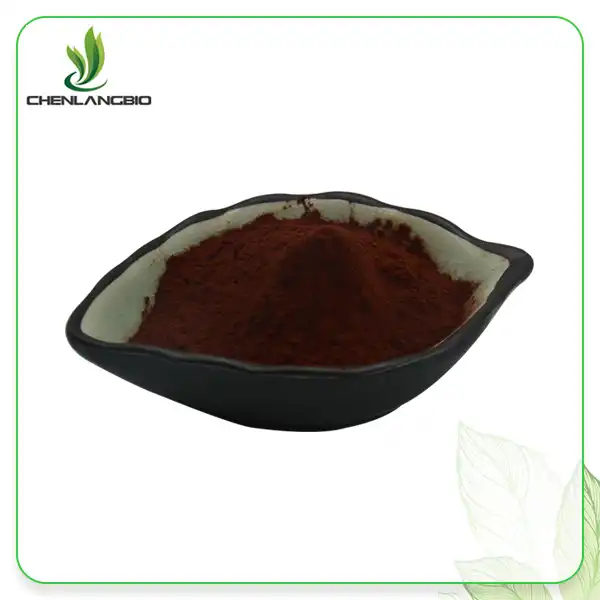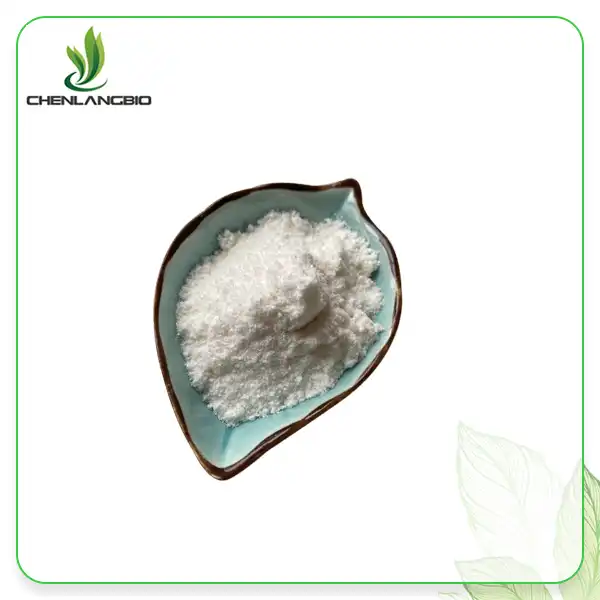Chenopodium Quinoa Seed Extract Benefits
2025-05-19 10:12:15
Chenopodium quinoa seed extract has been gaining significant attention in the health and wellness industry due to its remarkable nutritional profile and potential benefits. This powerful extract, derived from the seeds of the quinoa plant, offers a wide array of advantages for skin care, overall health, and wellness. In this comprehensive guide, we'll explore the unique properties of chenopodium quinoa seed extract, its top skin care applications, and why it's becoming increasingly popular in the wellness world. Discover how this natural ingredient can revolutionize your skincare routine and contribute to your overall well-being.
What Makes Chenopodium Quinoa Seed Extract Unique?
Nutrient-Rich Composition
Chenopodium quinoa seed extract stands out due to its exceptional nutritional profile. This powerhouse ingredient is packed with essential amino acids, proteins, vitamins, and minerals. The extract contains all nine essential amino acids, making it a complete protein source. It's particularly rich in lysine, an amino acid crucial for tissue growth and repair. Additionally, quinoa seed extract boasts high levels of antioxidants, including quercetin and kaempferol, which help combat oxidative stress and inflammation.
Phytoecdysones: Nature's Skin Enhancers
One of the most remarkable components of chenopodium quinoa seed extract is its high content of phytoecdysones. These plant-derived compounds have been shown to stimulate keratinocyte differentiation, a process crucial for maintaining healthy skin. Phytoecdysones contribute to improved skin barrier function, enhanced hydration, and increased collagen production. These unique properties make quinoa seed extract a valuable ingredient in anti-aging and skin-rejuvenating formulations.
Sustainable and Eco-Friendly
Beyond its nutritional and cosmetic benefits, Chenopodium quinoa seed extract is appreciated for its sustainability. Quinoa plants are known for their resilience and ability to thrive in diverse environmental conditions. They require less water compared to many other crops, making them an environmentally friendly choice. The cultivation of quinoa also supports biodiversity and helps preserve traditional farming practices in regions like South America.
Top Skin Care Uses of Quinoa Seed Extract
Anti-Aging Powerhouse
Quinoa seed extract has emerged as a potent anti-aging ingredient in skincare. Its rich amino acid content supports collagen and elastin production, crucial proteins for maintaining skin elasticity and firmness. The extract's antioxidants help neutralize free radicals, which are responsible for premature aging signs like fine lines and wrinkles. Regular use of products containing quinoa seed extract can lead to visibly smoother, more youthful-looking skin.
Hydration Booster
The hydrating properties of Chenopodium quinoa seed extract make it an excellent ingredient for moisturizing products. It helps strengthen the skin's natural barrier function, preventing moisture loss and improving overall hydration levels. The extract's ability to bind water molecules to the skin surface results in a plumper, more supple complexion. This makes it particularly beneficial for individuals with dry or dehydrated skin types.
Soothing and Calming Agent
For those with sensitive or irritated skin, chenopodium quinoa seed extract offers soothing and calming benefits. Its anti-inflammatory properties help reduce redness, itching, and discomfort associated with various skin conditions. The extract can be found in products designed to alleviate symptoms of eczema, psoriasis, and other inflammatory skin issues. Its gentle nature makes it suitable for even the most delicate skin types.
Why Quinoa Extract is Trending in Wellness?
Holistic Health Benefits
Quinoa extract is gaining significant attention in the wellness sector due to its wide range of holistic health benefits. Rich in essential amino acids, the extract supports muscle recovery, enhances protein synthesis, and promotes overall physical performance. Its powerful antioxidant properties help combat oxidative stress, supporting cellular health and potentially reducing the risk of chronic conditions such as heart disease and diabetes. Quinoa extract is now being featured in dietary supplements, functional foods, and skincare products, making it a versatile ingredient for improving both internal and external well-being.
Natural Energy Booster
Chenopodium Quinoa Seed Extract has emerged as a natural energy booster, offering a healthier alternative to caffeine-based stimulants. Unlike quick-fix energy sources, quinoa extract provides a steady release of energy due to its complex carbohydrate composition. This slow-release energy can help maintain endurance and prevent the energy crashes often associated with high-caffeine products. Many people, especially those with active lifestyles or athletic goals, are now turning to quinoa extract to support their performance and sustain their energy levels throughout the day, without the jitters or dependency on stimulants.
Digestive Health Support
Quinoa extract is also celebrated for its digestive health benefits, primarily due to its high fiber content. The fiber in quinoa extract aids in regulating bowel movements, promoting gut health, and enhancing nutrient absorption. As a prebiotic, it nourishes beneficial gut bacteria, fostering a balanced microbiome and contributing to a stronger immune system. With growing awareness of the importance of gut health, quinoa extract is becoming a key ingredient in supplements and wellness products aimed at improving digestion, promoting regularity, and supporting overall digestive function.
Conclusion
Chenopodium quinoa seed extract stands out as a versatile and potent ingredient in both skincare and wellness applications. Its unique composition of nutrients, antioxidants, and phytoecdysones offers a wide range of benefits for skin health, anti-aging, and overall well-being. As research continues to uncover its potential, we can expect to see even more innovative uses for this remarkable natural extract in the future. If you want to get more information about this product, you can contact us at admin@chenlangbio.com.
References
1. González, J. A., et al. (2019). Quinoa: A Review of its Nutritional Properties and Potential Health Benefits. Journal of Food Science and Technology, 56(5), 2361-2371.
2. Navruz-Varli, S., & Sanlier, N. (2016). Nutritional and health benefits of quinoa (Chenopodium quinoa Willd.). Journal of Cereal Science, 69, 371-376.
3. Tang, Y., & Tsao, R. (2017). Phytochemicals in quinoa and amaranth grains and their antioxidant, anti-inflammatory, and potential health beneficial effects: a review. Molecular Nutrition & Food Research, 61(7), 1600767.
4. Abugoch James, L. E. (2009). Quinoa (Chenopodium quinoa Willd.): composition, chemistry, nutritional, and functional properties. Advances in Food and Nutrition Research, 58, 1-31.
5. Graf, B. L., et al. (2015). Innovations in health value and functional food development of quinoa (Chenopodium quinoa Willd.). Comprehensive Reviews in Food Science and Food Safety, 14(4), 431-445.
6. Vilcacundo, R., & Hernández-Ledesma, B. (2017). Nutritional and biological value of quinoa (Chenopodium quinoa Willd.). Current Opinion in Food Science, 14, 1-6.
Send Inquiry
Related Industry Knowledge
- Inside Scoop: Fucoidan Powder’s Role in UV Skin Defense
- Can Kojic Acid Dipalmitate Cause Allergies?
- What Are the Health Benefits of Natural Genistein Powder?
- Quinoa Seed Extract for Natural Wellness
- How is D-Luciferin Potassium Salt Administered for in Vivo Imaging?
- What are the Chemical Properties of Sodium Methylesculetin Acetate?
- Can 4-Butylresorcinol be Used for Treating Melasma?
- What Does Cistanche Deserticola Extract Do for The Body
- How Tranexamic Acid Inhibits Melanin
- Are Beta Carotene Supplements Safe



